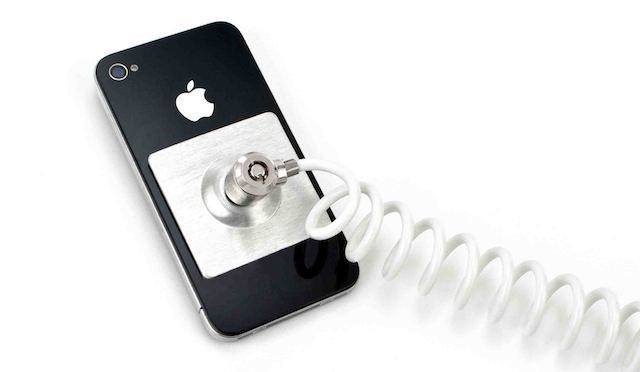 If you were nursing worries that the FBI might one day be able to force your smartphone, tablet, or e-reader manufacturer to help them decrypt your content, you can sleep easier. Just a few days after backing out of the hearing to force Apple to comply, the FBI has managed to get into the phone without needing Apple’s help after all, and the DoJ has asked the judge to drop the court order requiring Apple to do it.
If you were nursing worries that the FBI might one day be able to force your smartphone, tablet, or e-reader manufacturer to help them decrypt your content, you can sleep easier. Just a few days after backing out of the hearing to force Apple to comply, the FBI has managed to get into the phone without needing Apple’s help after all, and the DoJ has asked the judge to drop the court order requiring Apple to do it.
Of course, the news isn’t entirely good—the FBI probably won’t divulge exactly how it managed to do it, which means there’s at least one exploit out there that could be used not only by law enforcement but by any hackers who happen to discover it. And if the FBI won’t cough up what it did, Apple won’t know what it is in order to patch it. (At least not until someone else comes across it and tells them.)
And this lets the Department of Justice keep its “win” in getting the court to issue such an order in the first place. It’s entirely possible that next time this sort of situation comes up, the FBI will come right back to court again as its opening gambit. And it’s possible the next company it comes up against might not not be quite so gung-ho about user privacy as Apple.
Meanwhile, Apple says that that “This case raised issues which deserve a national conversation about our civil liberties, and our collective security and privacy.” It seems to me that a national conversation is just what it started, and the FBI ended up getting the short end of the stick as considerably more people flocked to Apple’s side. When John Oliver is able to make fun of you on national television over what would at first seem like a hopelessly obscure technological issue, you’re doing something wrong.
As I noted in the John Oliver piece, this is an important issue for anyone who reads e-books that might be controversial. The FBI has attempted to get at public library lending records before, and who knows—it’s always possible that what e-books you read could become evidence in a trial. Next time this issue surfaces, the controversy might not end quite so quickly.
Apple isn’t necessarily the knight in shining armor here—as Charlie Stross points out, Apple Pay means Apple has an extremely big vested interest in making sure customers see it as rock solid on user privacy and security issues—but in this case, Apple’s and consumers’ interests align. Too bad they didn’t when it came to e-book pricing, huh?
































Let us be careful about our ASSumptions. How do we know that the FBI really succeeded in getting all of the data it sought from this device? We don’t. They haven’t even revealed a single nugget of info that was on that phone. FOI demands anyone?
Let’s also remember that this particular device was but a gambit in a much bigger contest. It was the precedent that they were after.
Seeing the pushback and reassessing their position, the FBI may simply have chosen to retreat rather than set a precedent that would jeopardize their end game. As was reportedly said of Geo. Washington as he crossed the Delaware, “He who fights and runs away, lives to fight another day.”